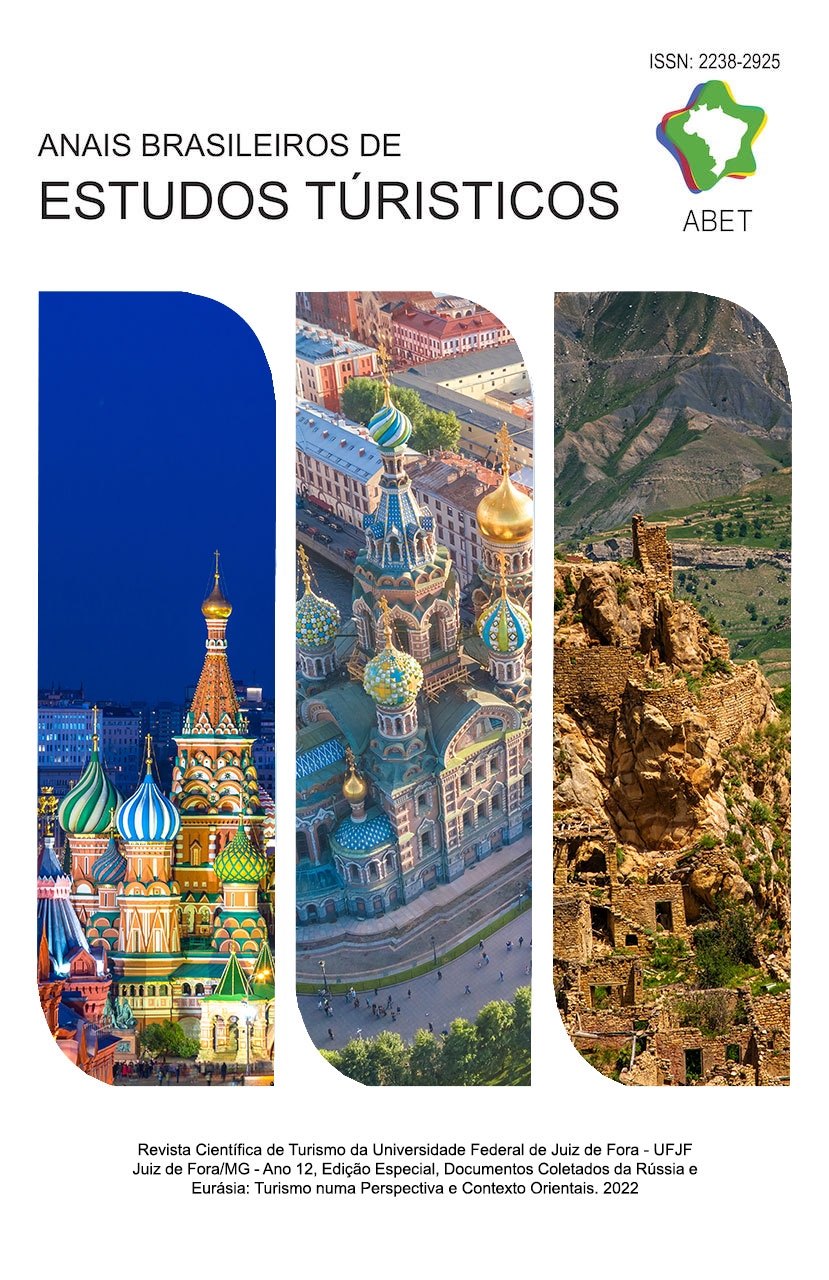Advertising and Pr-Technologies Influence on Creation and Promotion Russian and Spanish Regions Image as Tourist Destinations
DOI:
https://doi.org/10.5281/zenodo.7151467Keywords:
Advertising, PR-Technologies, Image Promotion, Tourist and Recreational Space, Tourist DeprivationAbstract
The article considers the current, previously unaffected in scientific research, problem of the influence of advertising and PR technologies on the creation and promotion of the image of Russian and Spanish regions as tourist destinations. A strategy is being developed and proposed to increase the rating of tourist destinations of Spanish and Russian resorts based on the introduction of advertising and PR technologies. The author notes that at present there is an increasing need for effective advertising of tourist organizations, which need to regulate the impact on the state of public opinion of target audiences. For this reason, the increasing importance of the information and communication component of the activities of tourist destinations is being updated. The high importance of the image of tourist destination for the successful promotion of the region stimulates the study of this topic, the research of existing experience. As a result, the author studies the practice of applying advertising and PR technologies in the formation of the region’s image, determines its effectiveness. It is further concluded that, in the modern information age, the quantity and quality of information in the World Wide Web largely depends on the development of tourism in specific regions and countries. It is also emphasized that it is necessary to monitor the development of events in order to respond in time to changing situations.
Downloads
Downloads
Published
How to Cite
Issue
Section
License
Copyright (c) 2022 Anais Brasileiros de Estudos Turísticos

This work is licensed under a Creative Commons Attribution 4.0 International License.
This journal provides immediate open access to its content, following the principle that providing free scientific knowledge to the public provides greater democratization of world knowledge.
Authors must agree to the following terms relating to copyrights:
(a) Authors keep all copyright and grant the to the journal the right of first publication, with the work simultaneously licensed under the Creative Commons Attribution License that allowing job sharing with recognition of authorship of the work and initial publication in this journal.
(b) Authors are allowed to assume additional contracts separately, for non-exclusive distribution of the version of the work published in this journal (e.g. publish in institutional repository or book chapter), with recognition of authorship and initial publication in this magazine.
(c) Authors are allowed and are encouraged to publish and distribute their work online (e.g. in institutional repositories or on your personal page) since they do not do this before or during the editorial process, as this can generate productive interchange, as well as increase the impact and citation of work aired. (See Effect of Free Access).















